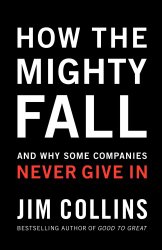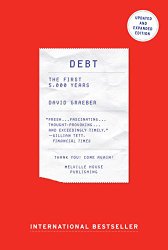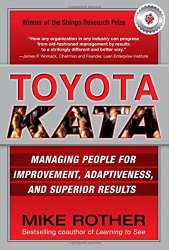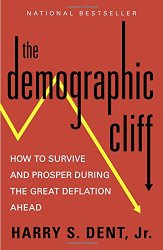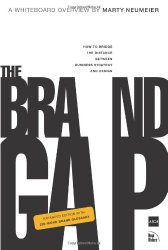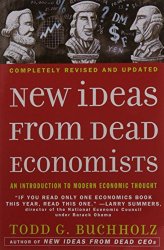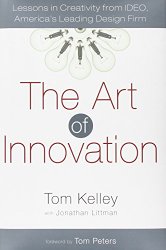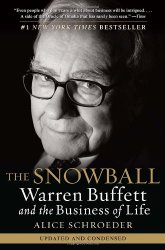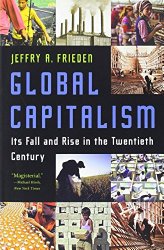Decline can be avoided. Decline can be detected. Decline can be reversed. Amidst the desolate landscape of fallen great companies, Jim Collins began to wonder: How do the mighty fall? Can decline be detected early and avoided? How far can a company fall before the path toward doom becomes inevitable and unshakable? How can companies reverse course? In …
business
Now in paperback, the updated and expanded edition : David Graeber’s “fresh . . . fascinating . . . thought-provoking . . . and exceedingly timely” (Financial Times) history of debt Here anthropologist David Graeber presents a stunning reversal of conventional wisdom: he shows that before there was money, there was debt. For more than 5,000 years, since the beginnings of …
Toyota Kata: Managing People for Improvement, Adaptiveness and Superior Results
“Toyota Kata gets to the essence of how Toyota manages continuous improvement and human ingenuity, through its improvement kata and coaching kata. Mike Rother explains why typical companies fail to understand the core of lean and make limited progress―and what it takes to make it a real part of your culture.” ―Jeffrey K. Liker, bestselling author of …
The Demographic Cliff: How to Survive and Prosper During the Great Deflation Ahead
Bestselling author and financial guru Harry Dent shows why we’re facing a “great deflation” and what to do about it nowThroughout his long career as an economic forecaster, Harry Dent has relied on a not-sosecret weapon: demographics. He can explain why our economy has risen and fallen with the peak spending of generations, and why we now face …
The Brand Gap: How to Bridge the Distance Between Business Strategy and Design
THE BRAND GAP is the first book to present a unified theory of brand-building. Whereas most books on branding are weighted toward either a strategic or creative approach, this book shows how both ways of thinking can unite to produce a “charismatic brand”—a brand that customers feel is essential to their lives. In an entertaining two-hour read you’ll …
New Ideas from Dead Economists: An Introduction to Modern Economic Thought
The classic introduction to economic thought, now updated in time for the publication of New Ideas from Dead CEOs This entertaining and accessible introduction to the great economic thinkers throughout history? Adam Smith, John Stuart Mill, Karl Marx, John Maynard Keynes, and more?shows how their ideas still apply to our modern world. In this revised edition, renowned …
American Economic History (8th Edition) (Pearson Series in Economics)
America’s present economy, understood through its past. Rich in both quantitative techniques and economic theory, American Economic History demonstrates how an understanding of our past can illuminate economic issues that face society today and in the future. In simple, elegant language, this text walks readers through four centuries of political, social, and economic history, focusing on laws …
The Art of Innovation: Lessons in Creativity from IDEO, America’s Leading Design Firm
IDEO, the widely admired, award-winning design and development firm that brought the world the Apple mouse, Polaroid’s I-Zone instant camera, the Palm V, and hundreds of other cutting-edge products and services, reveals its secrets for fostering a culture and process of continuous innovation.There isn’t a business in America that doesn’t want to be more creative in its thinking, …
Here is THE book recounting the life and times of one of the most respected men in the world, Warren Buffett. The legendary Omaha investor has never written a memoir, but now he has allowed one writer, Alice Schroeder, unprecedented access to explore directly with him and with those closest to him his work, opinions, struggles, triumphs, follies, …
Global Capitalism: Its Fall and Rise in the Twentieth Century
“Magisterial history…one of the most comprehensive histories of modern capitalism yet written.” ―Michael Hirsh, New York Times Book Review In 1900 international trade reached unprecedented levels and the world’s economies were more open to one another than ever before. Then as now, many people considered globalization to be inevitable and irreversible. Yet the entire edifice collapsed in a …
